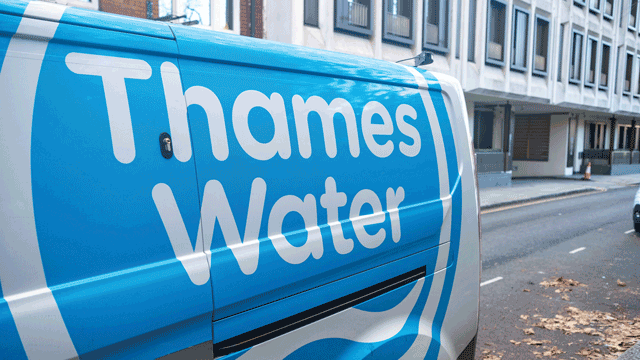62 Longwater Lane, Norwich is a two-bedroom bungalow with a loft conversion. On 16 March 2016 the property was transferred from Mr Joyce’s sole name into the joint names of himself and his wife (the respondents) for what was stated to be a “transfer for no consideration on express trusts for the property to be held in equal shares between the parties”.
On 20 July 2016 Mr Joyce became bankrupt and the property vested in the official receiver. Trustees were appointed on 17 August 2016. The trustees raised questions over the timing of the transfer and were not satisfied with the answers received. On various occasions they “made threats to issue an oral application and failed to do so” and made a threat to recoup a payment of around £30,000 in circumstances when it was clear that there was an issue in dispute which needed to be resolved. The respondents did not attend a meeting for questioning as to their beneficial interest, of which failure the trustees were critical.
Ultimately, the trustees made an application under s339 of the Insolvency Act 1986 to rescind the transfer and vest 100% of the property in the trustees. They argued that there had been a transfer at an undervalue. To defeat that application the respondents contended that the property had in fact been held in equal shares under a constructive trust, which constructive trust arose in 2013.
The applications came before Judge Revere in In the matter of Julia Swan (acting as a trustee) v Joyce and Joyce [2021] EW Misc. 24 (CC). The factual disputes relevant to both applications overlapped and were intertwined. In relation to the respondents’ failure to attend an interview, the judge found that while the request for an interview was proper, the content of the correspondence – especially a rejection of medical evidence – created an atmosphere of animosity.
The solicitor to the trustees was in a very powerful position; Mrs Joyce was not the bankrupt and extra courtesy needed to be accorded to her in those circumstances. The correspondence did not assist cooperation with the trustees. Even without medical evidence, the judge could see no prejudice to the trustees in agreeing to meet locally to the bankrupt and his wife on a reasonable request having been made.
Neither the respondents nor the trustee were particularly at fault, but the failure to attend the interview was not indicative of deliberate obstruction, it had to be viewed in the context of the breakdown of the relationship between the parties. Ultimately, the judge found that the respondents were honest witnesses and that the property was held as they contended, in equal shares.
Elizabeth Haggerty is a barrister









